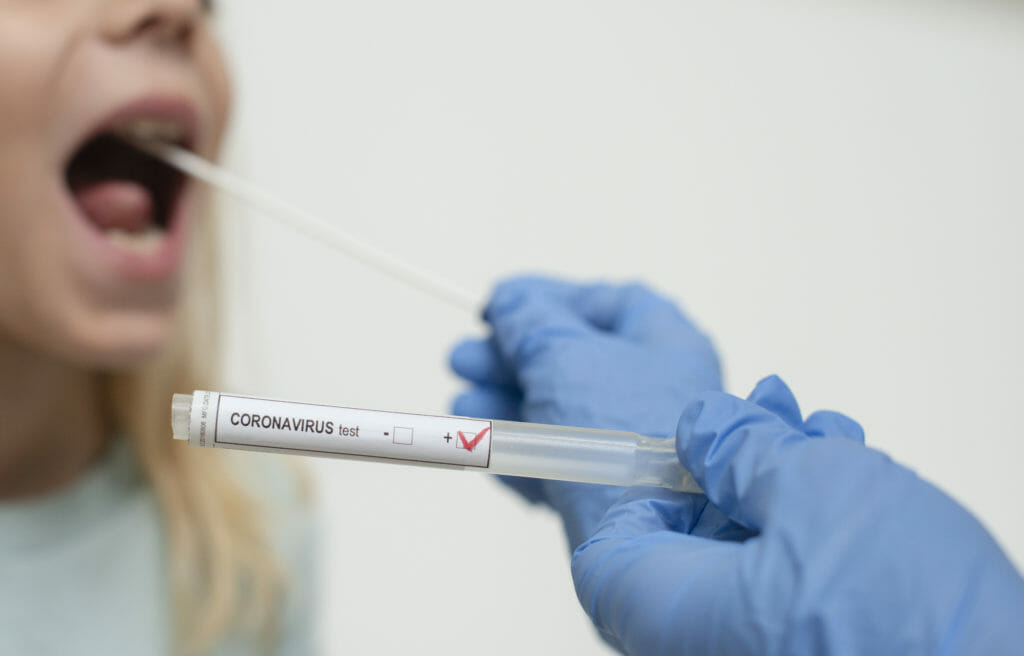[ad_1]

Employer use of a COVID-19 test to screen employees who are or will be in the workplace must meet a “business necessity” standard, according to newly updated federal guidance.
The Equal Opportunity Employment Commission has updated its guidance on COVID-19 to make clear that employers need to assess whether the current pandemic and individual workplace circumstances “justify viral screening testing of employees to prevent workplace transmission” of the virus.
The updated guidance primarily addresses issues related to disability-related inquiries and medical exams — a COVID-19 viral test is considered a medical examination — in alignment with the Americans with Disabilities Act and the Rehabilitation Act.
The information was added to the EEOC’s technical assistance questions and answers document, “What You Should Know About COVID-19 and the ADA, the Rehabilitation Act and Other EEO Laws.”
The commission acknowledged that “evolving pandemic circumstances will require an individualized assessment by employers to determine whether such testing is warranted, consistent with the requirements of the ADA.”
Previous guidance stated that mandatory COVID-19 testing for on-site employees was legal in most cases. The updated guidance states that an employer can administer a COVID-19 test when evaluating an employee’s on-site workplace presence only if the employer can show that the test is job-related and consistent with a business necessity.
The business necessity standard can be tied to community transmission levels, employee vaccination status, accuracy and speed of processing for different COVID-19 tests, transmissibility and potential severity of illness of the current COVID-19 variant, potential for breakthrough infections for employees “up to date” on vaccinations and the potential effects on workplace operations.
Employers should check the latest Centers for Disease Control and Prevention guidance to determine whether screening testing is appropriate, the agency advised.
The EEOC also clarified that employers cannot require antibody testing — also considered a medical examination under the ADA — before allowing employees to re-enter the workplace. The commission previously addressed antibody testing of employees in 2020 based on CDC guidance.
The CDC in February stated that antibody testing should not be used to determine whether an employee can enter the workplace, because it “may not show whether an employee has a current infection, nor establish that an employee is immune to infection.”
Based on the CDC guidance, the EEOC stated that antibody testing does not meet the ADA’s business necessity standard.
The EEOC’s “Pandemic Preparedness in the Workplace and the Americans with Disabilities Act” web page provides strategies employers can use to navigate the effects of COVID-19 in the workplace.
[ad_2]
Source link

